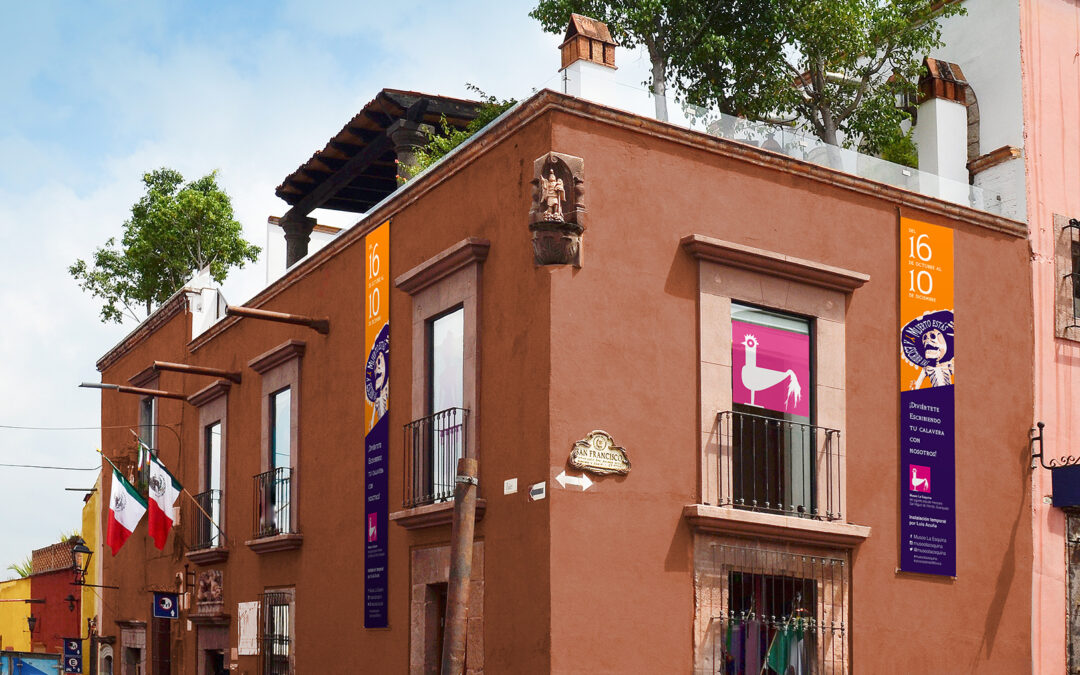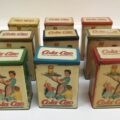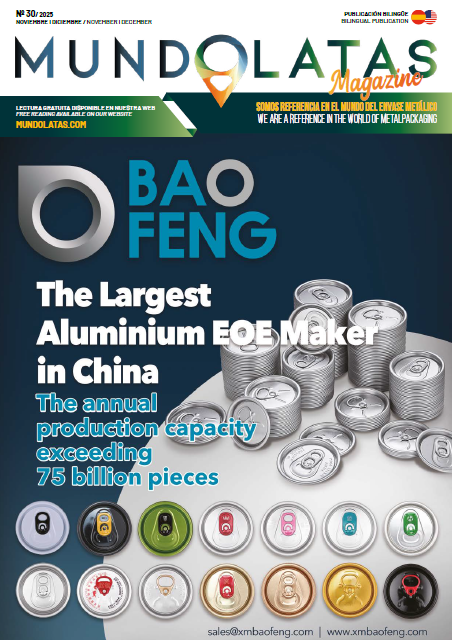Tin toys have been an essential part of childhood in Mexico, standing out for their handcrafted production and cultural value. Since the early 20th century, their production gained relevance in Mexico City and states like Guanajuato, where family workshops crafted them from recycled cans. Toy cars, spinning tops, and popular figures came to life thanks to the ingenuity of artisans.
One of the most iconic toys is the ‘wooden boxers,’ originating from Guanajuato, which simulate a fight using strings. This piece, dating back to 1930, represents the creativity and technique of the artisans and continues to be appreciated by collectors.
Although Guanajuato stands out in this tradition, states like Oaxaca, Michoacán, and Jalisco also preserve inherited techniques for making toys from wood, clay, and tin. The La Esquina Museum in San Miguel de Allende houses more than a thousand pieces that celebrate this heritage and promote its preservation.
With the rise of industrial toys, the demand for traditional toys has decreased. However, many cooperatives have reinvented their production, adapting their pieces as decorative objects and symbols of cultural identity.
In an era dominated by technology, tin toys are a symbol of resistance and pride. Valuing and supporting artisans not only preserves a vital part of Mexican history but also celebrates the talent behind each handmade piece.











